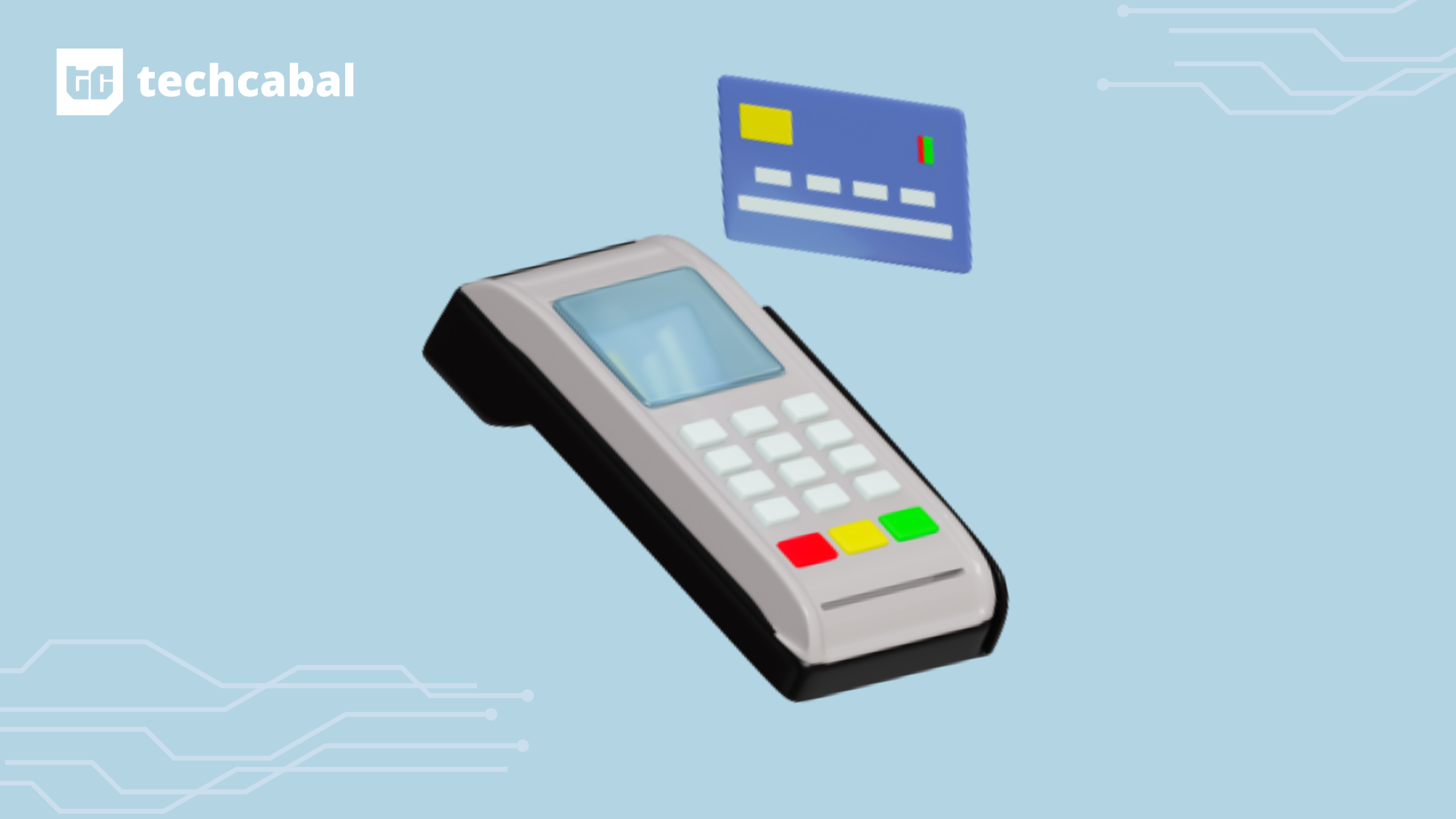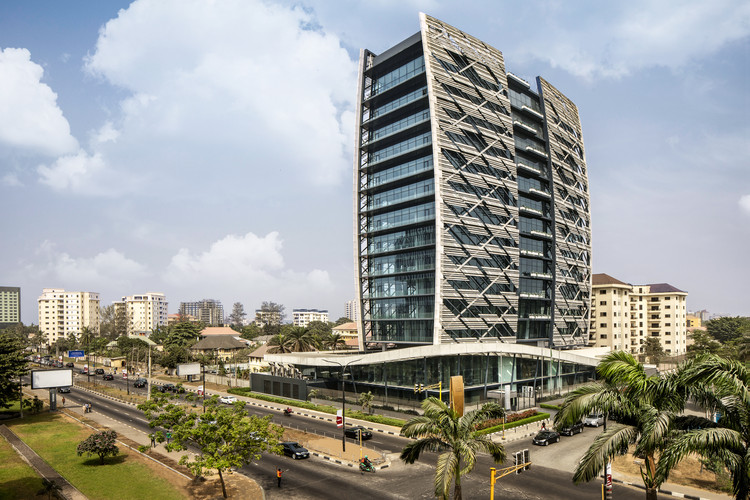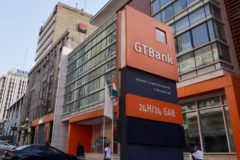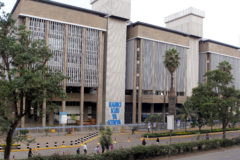At an Automated Teller Machine (ATM) in an Alimosho branch of First Bank, Nigeria’s oldest bank, angry customers bicker in a queue as they attempt to withdraw cash ahead of the holidays. Most have been here for hours, temporarily closing their shops and businesses to get cash. As the heat gets worse, fighting breaks out every few minutes.
Their anger is understandable because, for four months, Nigerians suffered a cash crunch after the country’s Central Bank began a puzzling currency redesign. From January to April 2023, the ill-advised and abrupt decision to phase out Nigeria’s old ₦200, ₦500 and ₦1000 notes depressed commerce and saw productivity drop to pandemic levels. [ad]
Months after Nigerians thought they were finally past the cash crunch, they have returned to a familiar uncomfortable situation. At least three tier 1 Nigerian banks have limited daily cash withdrawals to between ₦10,000 and ₦20,000 per customer, driving an even madder rush for cash. On the other hand, ATMs are either not dispensing cash or are limited to a single ₦10,000 withdrawal per customer.
What’s causing the latest cash crunch?
“It is the CBN that is responsible for this cash scarcity. We are not getting enough from them,” Punch Newspaper quotes an anonymous banker as saying. “They are just causing unnecessary suffering for the masses.”
The Central Bank, on the other hand, has blamed the current cash scarcity on commercial banks and individual customers. “There is cash out there,” said Hakama Sidi Ali, CBN’s Acting Director in Corporate Communications. “The CBN is giving to banks, except that most of this cash is in the hands of individuals. All these panic withdrawals, hoarding is ongoing.”
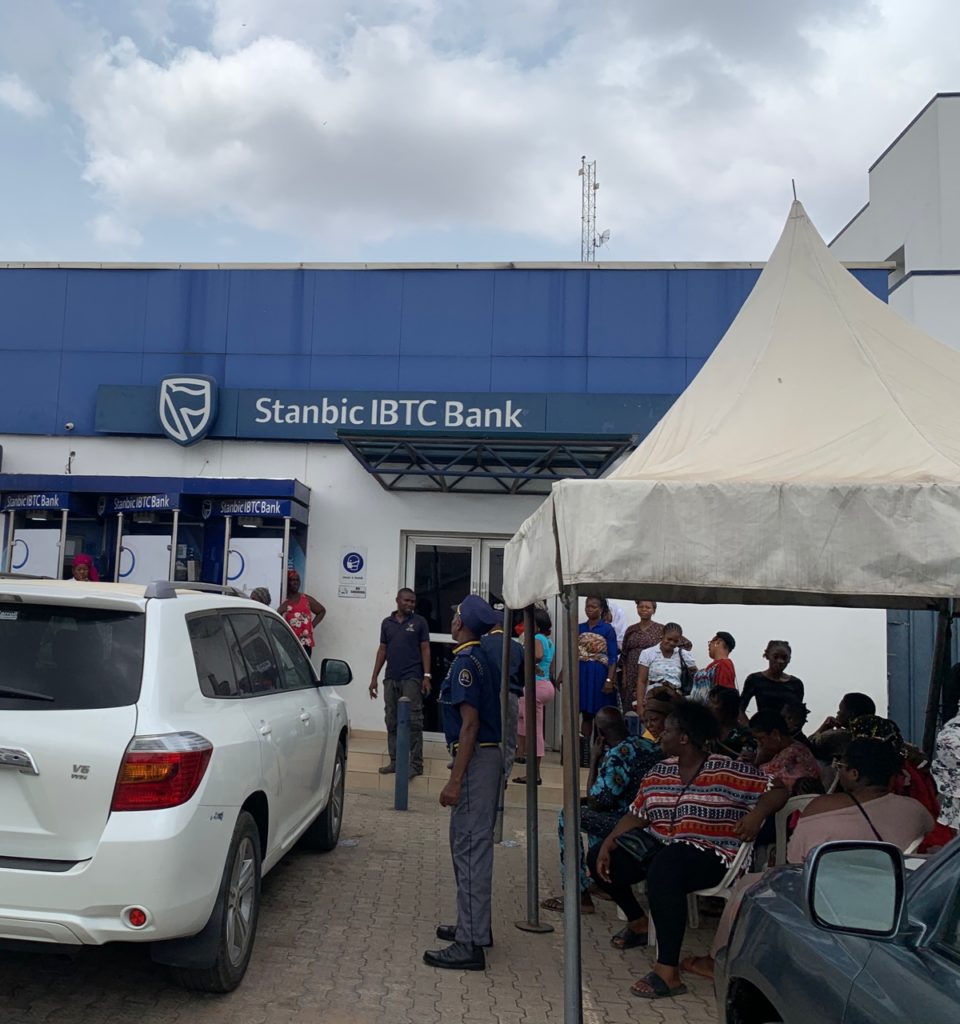
Another CBN official blamed the current scarcity on panic withdrawals.
One source with extensive knowledge of the CBN’s operations told TechCabal that there was either an element of hoarding involved or people were cautiously holding on to money over fears that the old notes may still be phased out by January 2024.
“It’s a chain, the money goes out and comes back into CBN, and that’s the process. The cycle is being disrupted, and somewhere the chain is broken. People are either not depositing money, or there’s some hoarding happening,” the person said.
While some fintech startups saw a boost in transactions and customer acquisition during January’s cash crunch, Nigeria remains a cash-heavy economy, and the scarcity of Naira notes puts a strain on people and businesses.
“The POS people don’t have money, that’s why I am queuing here,” said an exhausted Kemi Adelayo. She points out that people spend otherwise productive hours in these queues daily. As the holidays draw closer and bank holidays are imminent, these queues will likely worsen.
POS operators refuse to be cast as villains
Unlike the cash crunch earlier in the year, many Nigerians are now sidestepping POS/mobile money agents because of their high commissions.
“To withdraw ₦10,000 at a POS agent, you’ll pay a commission of ₦400. Some POS operators even charge ₦800,” said John Sunday, a customer who had been waiting at the ATM for over an hour. “If you have time to spare, come and battle it out at the ATM rather than giving POS operators.” At least two other bank customers shared the same sentiment as John.
Three POS operators told TechCabal that the availability of cash determined their pricing. The average withdrawal charge for ₦5,000 has increased to ₦200 from ₦100.
“It is so difficult to get cash, and I cannot let people finish the little I have. That is why I increased the price,” Abdulganiyu Saheed said. Deborah, another POS operator, said she did not increase her charges because she still receives cash from the banks and does not have to buy cash from market women as it occurred in the first quarter of the year.







